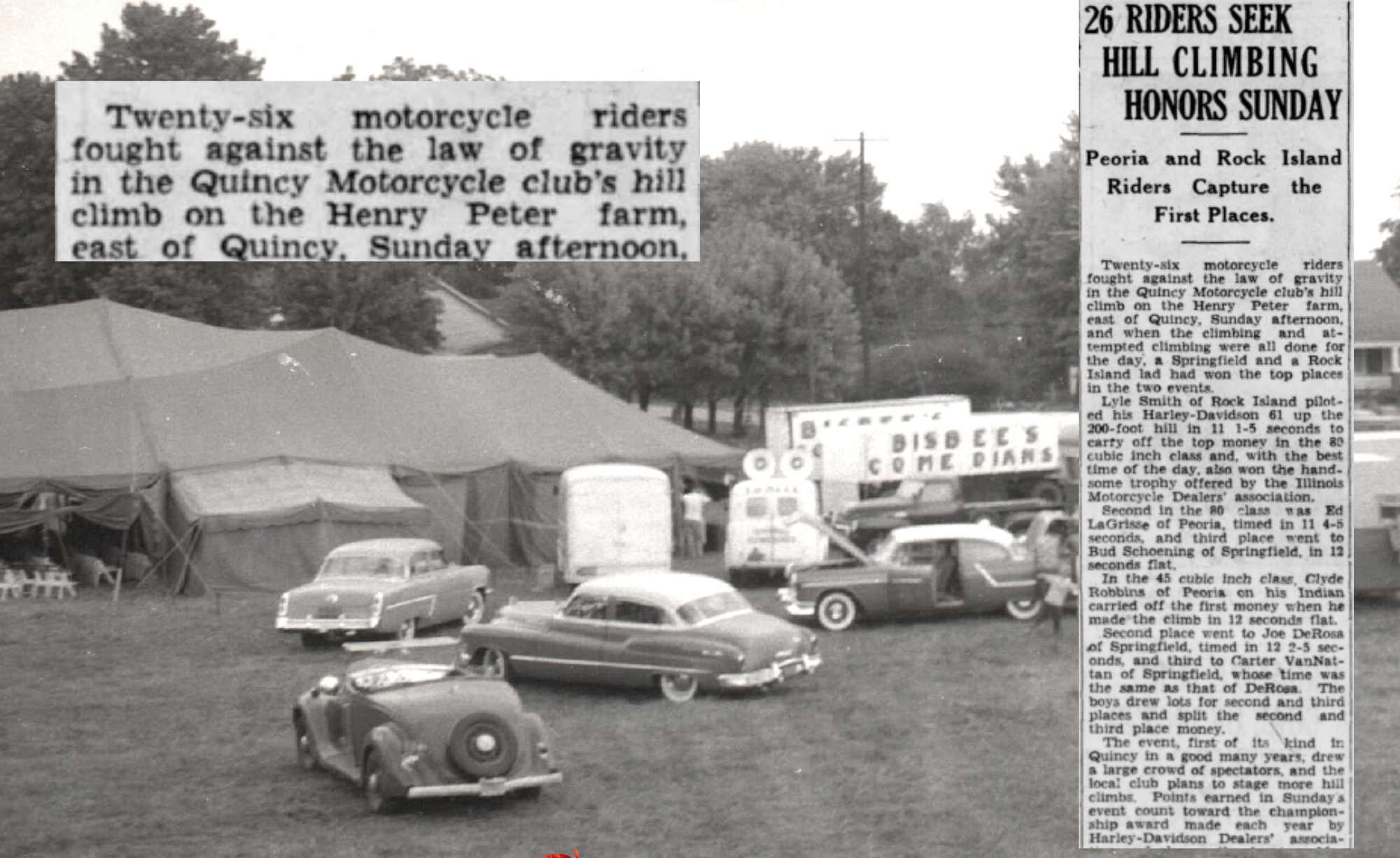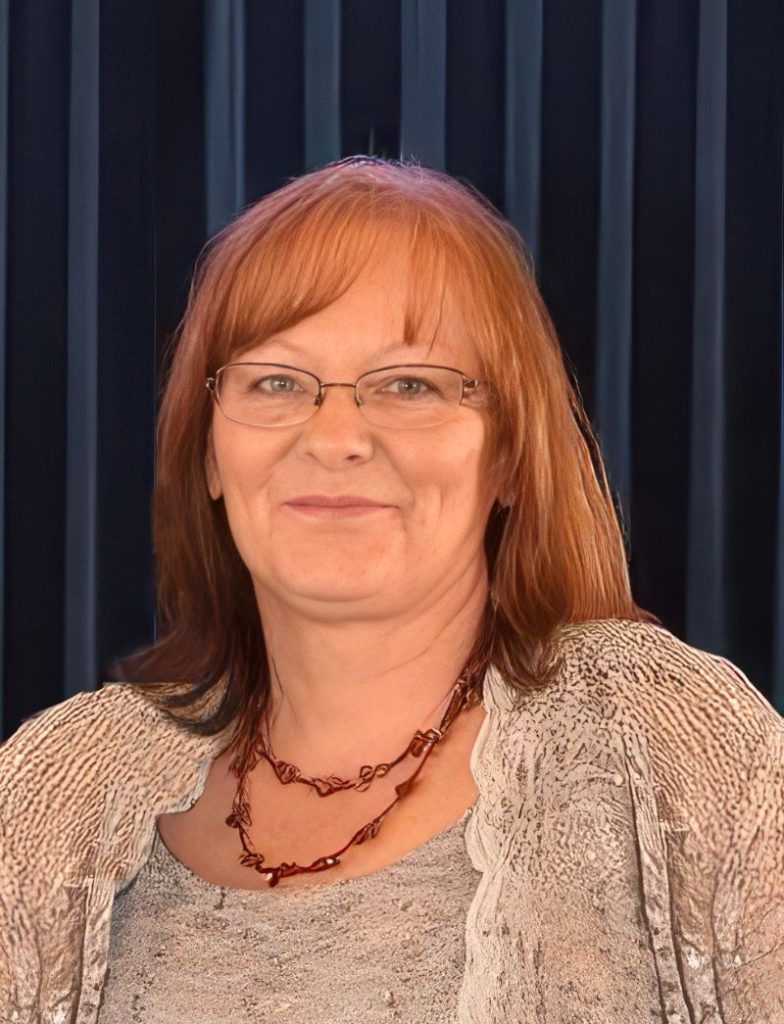Klues: Something lost could be found by sitting down to talk with family and friends

You think you know about most things, from the last 100 years or so, when you compile school history classes, movies, books and random facts your parents have told you.
Since I started doing life storytelling, a few stories have taken me by surprise and made me question how much I actually might still be learning. As my interviews into the past always continue, the list of learning about things long forgotten will never end. I thought I would share a few items that really popped out to me as interesting.
Peeny Peeny Poppy Shows
One story that popped out? Poppy Shows!
Here is an excerpt from an interview I conducted about a year and a half ago with someone who was 96 years old at the time, placing this activity approximately between 1930 to 1935:
“We lived on 22nd and Jefferson (in Quincy) and I remember ‘Peeny Peeny Poppy Shows.’ Have you heard of those? They have stayed in my mind. I enjoyed those so much. You get a shoe box, our parents would get the shoe box and do this for us, and on the sides of the shoe box, they would make designs like squares or circles and then cut that out.
“You would have cellophane paper. That was a treat! They would paste the cellophane paper inside the shoe box so it showed on the outside. In the center of the shoebox, you put a candle, and then you put a string on it. All of the children on the block would go up and down 22nd and Jefferson on both sides of streets, and we would pull our fancy ‘Peeny Peeny Poppy Shows.’
“I can remember my dad and my mom would work very carefully to get one that was really nice for me to show. It involved the whole family, and they were excited about it too. And the block looked pretty good, because the other kids had it on the other side of the street too.”
This story made me smile as she told it. I could feel her transport herself back to that time, no longer 96 years old but 6 years old. I will never forget her coming out of the memory, looking at me and smiling to say, “Isn’t that a silly thing to remember? A little thing like that?”
Tent shows
A much more professional show I found interesting to learn about was a “tent show.” In a recent interview, I spoke with a local actor, born in 1927. He explained his time acting in tent shows:
“In the old days, every town had an opera house or performing arts center. In the summertime, there was no air conditioning. That wasn’t even on the drawing board. All of the opera houses were practically closed in the summer, because it would be too stifling. So the shows would be under canvas, outdoors in tents. That was great.
“We were on circle stock. The show stayed in one town, and we worked around seven towns. Every day we would play a different town in the surrounding area. We started that circle in the fall and ran that circle until Christmas. Then in the new year, you would start a new circle.
“Every week while we were doing one show we were practicing for the next week’s show. I did this for five or six years. We didn’t play in big towns. We never played in the town we stayed in, only the towns around it.
“When we got to town, we would walk around the town. There would usually be signs up in the windows of the houses saying, ‘Rooms for rent.’ Once people knew the show was coming to town, they would rent a room to make money, five dollars a week.
“I have done hundreds of plays throughout my life, because we learned a new show every week. We performed every day, seven days a week. Some people thought we were crazy to do that, but it was a way of life. I think we were privileged to travel and entertain people. We did what we loved to do.”
To read this full story, go to the Richard Elsenpeter Life Story at memoirsbymaureen.com.
Motorcycle hill climbs
In another interview, I learned a big form of entertainment in Quincy and surrounding towns were motorcycle hill climbs. Here is how it was described in a recent life story:
“I guess I was in grade school when barn dances ended, but I remember going to barn dances. The other thing I remember was Grandpa’s farm event that they had. The farm itself was kind of in a creek bottom, but there was some pretty hilly ground around. He had a real steep hill on part of the farm. They had what they called ‘motorcycle hill climbs.’
“They would take a scraper, and they would scrape out an area. They would put four or five of those indentations in the hill, and it was really popular. The guys would come out with their motorcycles, and they would try to climb the hill.
“They timed it too. Most of them never made it to the top. There were a whole bunch of people on the side of the area with hooks and ropes that they had so when the motorcycle couldn’t go anymore, they had to help the motorcycle driver get back to the bottom of the hill. It was a crazy thing! That is how people entertained themselves. Now we have stock car races which are a lot more sensible.
“They had hill climbs every Sunday, or at least a couple of months in the summer. I was 10 years old, so it was probably 1940.”
You may have heard of all three of these shows and believe I just grew up under a rock, but I’m guessing most people reading this have never heard of these events. I share these stories because they are interesting. Doesn’t it make you wonder what stories you have never heard from your own family members?
If you don’t capture family history and stories, they will eventually disappear.
I interviewed someone who said, “I have a whole bunch of pictures my grandparents left, and there were people I didn’t know. There were stories about them no one knows. I sit here and I think about that and no one knows me in about four generations. They may have a picture of me. I realize it only lasts a little while, and then we all blend together.”
The stories I shared were with people I interviewed in their 90s. These stories are precious because they are so close to being lost. Everyone’s stories should be captured.
I encourage you to sit down with a great aunt or uncle, your next-door neighbor or someone you know from church who has lived through so much more than we have. You will be glad you did. You will learn something. They will recall things they haven’t thought about in decades, and something that was lost is found.
Then you have stories you can share with the next generation.

Maureen Klues writes occasionally for Muddy River News. She recently started Memoirs by Maureen in the Quincy area. She will capture the story of an event, a story of one’s life or create a tribute for a person and put it together in a storybook format.
Miss Clipping Out Stories to Save for Later?
Click the Purchase Story button below to order a print of this story. We will print it for you on matte photo paper to keep forever.

